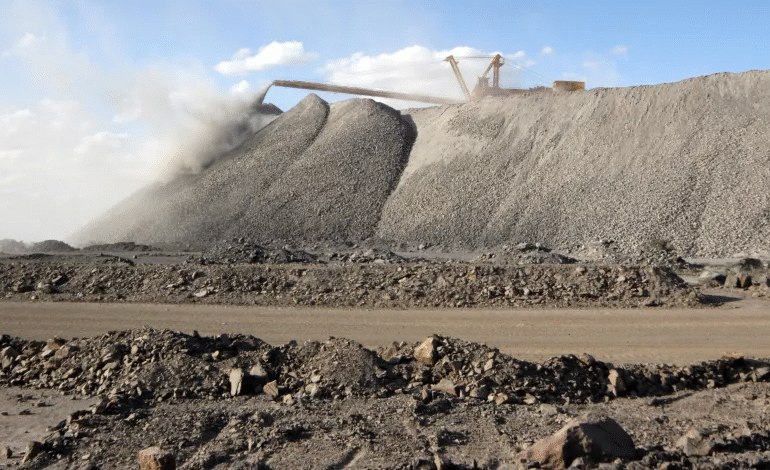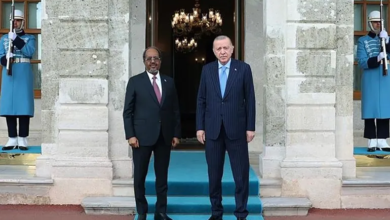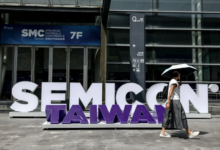Europe Raises Alarm Over US-China Trade War as China Expands Rare Earth Export Restrictions

As the economic conflict between the United States and China escalates, Europe is increasingly concerned about its impact on critical industries and global supply chains. The German government has expressed “serious concern” over Beijing’s restrictions on the export of rare earth metals and strategic materials, viewing the move as an indicator of widening geopolitical tensions.
China has recently expanded its export controls, adding five new categories to the original list of 17 elements, now covering nearly all heavy rare earth metals except five. These materials are essential for advanced technologies, including high-performance magnets, semiconductors, and precision military systems.
Customs data compiled by Bloomberg show that South Korea, Japan, the United States, Germany, and Canada are among the largest importers of these materials, making them a central point of global trade disputes.
European Concerns
The German government warned that the new restrictions are “a major concern” because they threaten industrial supplies in sectors heavily reliant on these materials, particularly electronics, automotive, and renewable energy. Berlin also noted that China’s near-monopoly on heavy metals gives it “excessive influence in the markets,” cautioning that the move could “trigger ripple effects across European industry.”
Strategic Calculations by Beijing
Julian Evans-Pritchard, head of Chinese economics at Capital Economics, told Bloomberg: “Beijing’s tough stance carries significant risk and could complicate talks with the US, even if it proves beneficial in the long term.” He added that the timing of the restrictions “may seem opportunistic, but they serve China’s medium-term geopolitical objectives by maintaining its strategic advantage.”
These measures come ahead of the anticipated meeting between Presidents Xi Jinping and Donald Trump on the sidelines of the Asia-Pacific Economic Cooperation (APEC) summit in South Korea. Both sides are “stacking leverage” ahead of negotiations, while the current US-China tariff truce is set to expire on November 10 unless extended.
Agriculture and Trade Caught in the Crossfire
Bloomberg noted that China has also halted purchases of US soybeans, increasing pressure on American farmers, a key electoral base for Trump. In response, Trump has hinted at countermeasures, including “restricting the sale of certain products to China,” stating: “We import huge amounts from them, and maybe we should stop. No one really knows how this will play out.”
Wide-Ranging Impact on Global Industries
Previous delays in issuing rare earth export licenses have already caused “major problems for European and Asian companies,” and the expansion of current restrictions could create further bureaucratic hurdles, threatening production lines. Experts note that any restrictive action by China has the effect of a “global industrial earthquake” due to its dominance in supply chains.
Bloomberg concludes by warning that “the path back from the brink between Washington and Beijing is becoming increasingly dangerous,” stressing that continued retaliatory measures could push the global economy into a new phase of disruption, particularly in technology, energy, and defense sectors.








